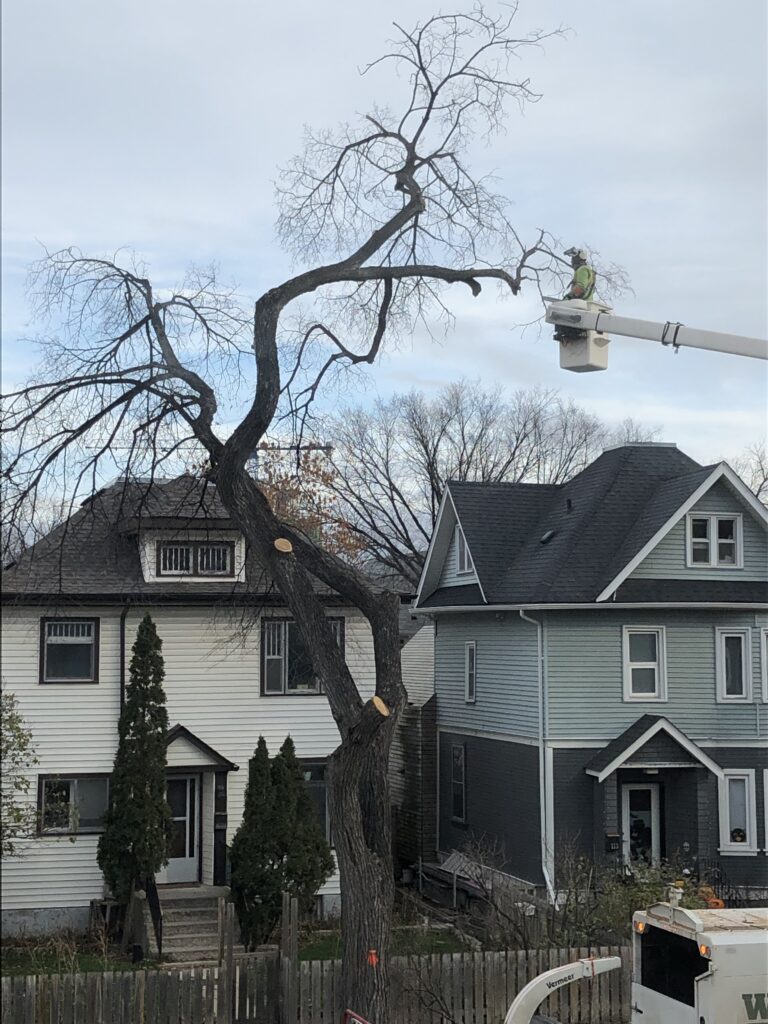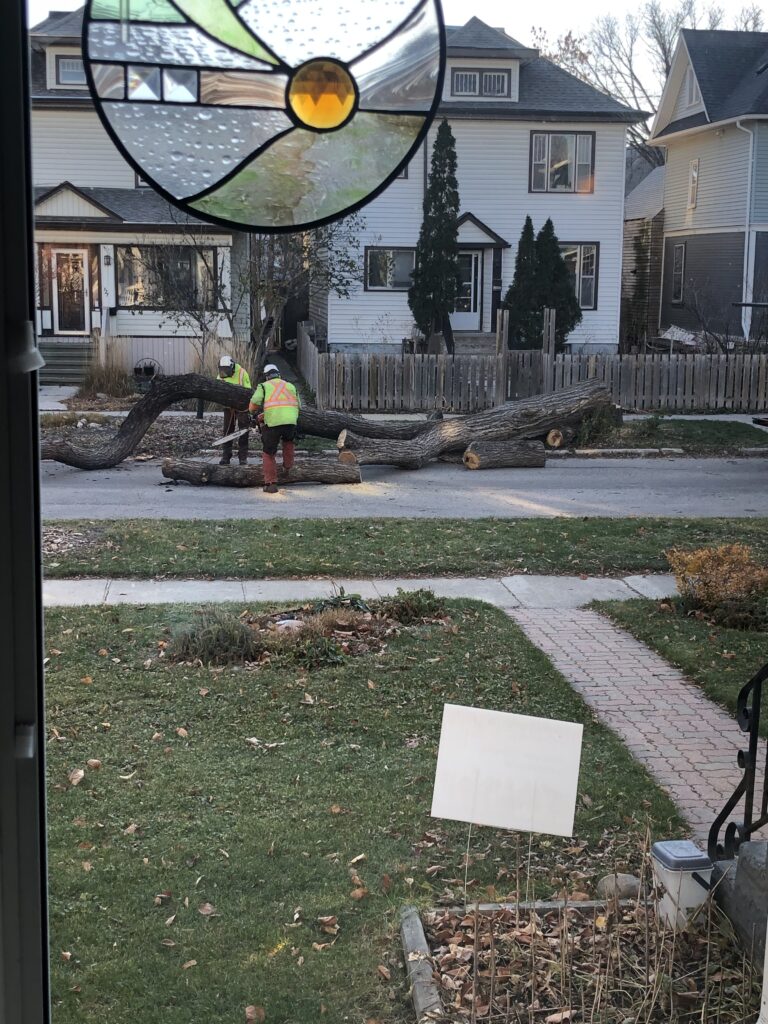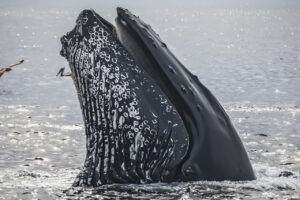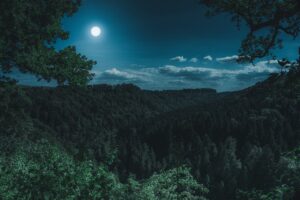
It was the ‘orange dot of death’ that caught my eye, and then my heart. It was the sign that she would be brought to her knees, chopped down limb by limb and ground into pulp. This elm—mighty and diseased—would soon be gone from sight.
Our relationship began 21 years ago when I moved into this house. She was a looming presence standing tall across the street in full view of my living room window. I called her the Swan Tree because woven into the fabric of her twisting limbs and branches I could see the image of a swan.
(At this moment of recognition I sensed that God was up to something!) Indeed, on a 30 day retreat in 1997, on the eastern seaboard of the USA, I was taught a vital life lesson by two magnificent swans. They lived on the pond behind the sprawling retreat house. The teaching—minus the fuller story—was: come softly to this edge.
And now, hanging in the branches of this elegant elm was a reminder of that teaching—a swan—symbolizing so much meaning with so little effort. “With the reminder gone, would I remember the teaching?” I pondered.


Through each of these God chooses to be in communion with us. As Delio goes on to say, “only in communion can God be what God is, and only in communion can God be at all.”7
We are made for union with God—this is already our reality and it is also our destiny. This truth consoles me as I let go of this tree—‘my’ elm tree (as an expression of intimacy, not possession). I know something of the sensate nature of this union with God because I experience communion with this tree; I felt a deeply embodied joy in her presence and an innate sadness in her demise. Her death, as sacred as her life, reminds me that “the human community and the natural world will go into the future as a single, sacred community, or we will both perish in the desert.”8 We are one, and this is why it hurts to let her go. From sign (tree) to symbol (swan) to sacrament (outward signs that give inward grace) God calls out—constantly and persistently—with joy: come softly to this edge—pay attention. Remember.
¹Ilia Delio, OSF, The Primacy of Love in the My Theology series (Minneapolis: Fortress Press, 2022), p.28
²Helen O’Sullivan: A New Mission in Napier, New Zealand
³Veronica Dunne: “It’s a Wonderful Life”, and the James Web Space Telescope
⁴Jacquie Reimer: My Dad’s Prayer Practice
⁵Bonnie Dickie: Walking the Dog
⁶Weeyaa Villanueva: O Silence Where Art Thou
⁷ Ilia Delio, OSF, The Primacy of Love in the My Theology series (Minneapolis: Fortress Press, 2022), p.31.
⁸Thomas Berry, as quoted in Michael Dowd, Thank God for Evolution (New York: Plume Books – Peguin Group, 2007), p. 134
Sandra Stewart is a member of the Sisters of Our Lady of the Missions in Winnipeg. Originally from Windsor, ON she has spent most of her religious life in Manitoba but has also served in France, Senegal and Papua New Guinea. She holds a Masters degree in Pastoral Studies from Loyola University in Chicago, majoring in spiritual accompaniment from the Institute for Spiritual Leadership.
Presently she serves as a spiritual director, a facilitator of Centering Prayer workshops, and an advocate for social and environmental justice.
Sandra currently serves on her community’s province leadership team in Canada.





Thank you, Sandy; what a powerful read: “God presencing Godself though all created things.” What dawns on me in a new way today is that God is interested in everything.
A beautiful tribute to a faithful friend and to the communion holding all of life in tender embrace. Thank you, Sandy.
Thank you for helping to make such a big concept more accessible, more comprehensible, by your beautiful description of “the sensate nature of this union with God.” It’s so helpful to me to be encouraged to see the experiences I have through my senses as experiences of this “union with God” and what a comfort to read that “God chooses to be in communion with us.”
How true, Wendy: God is sensate! The Incarnation really is this real.